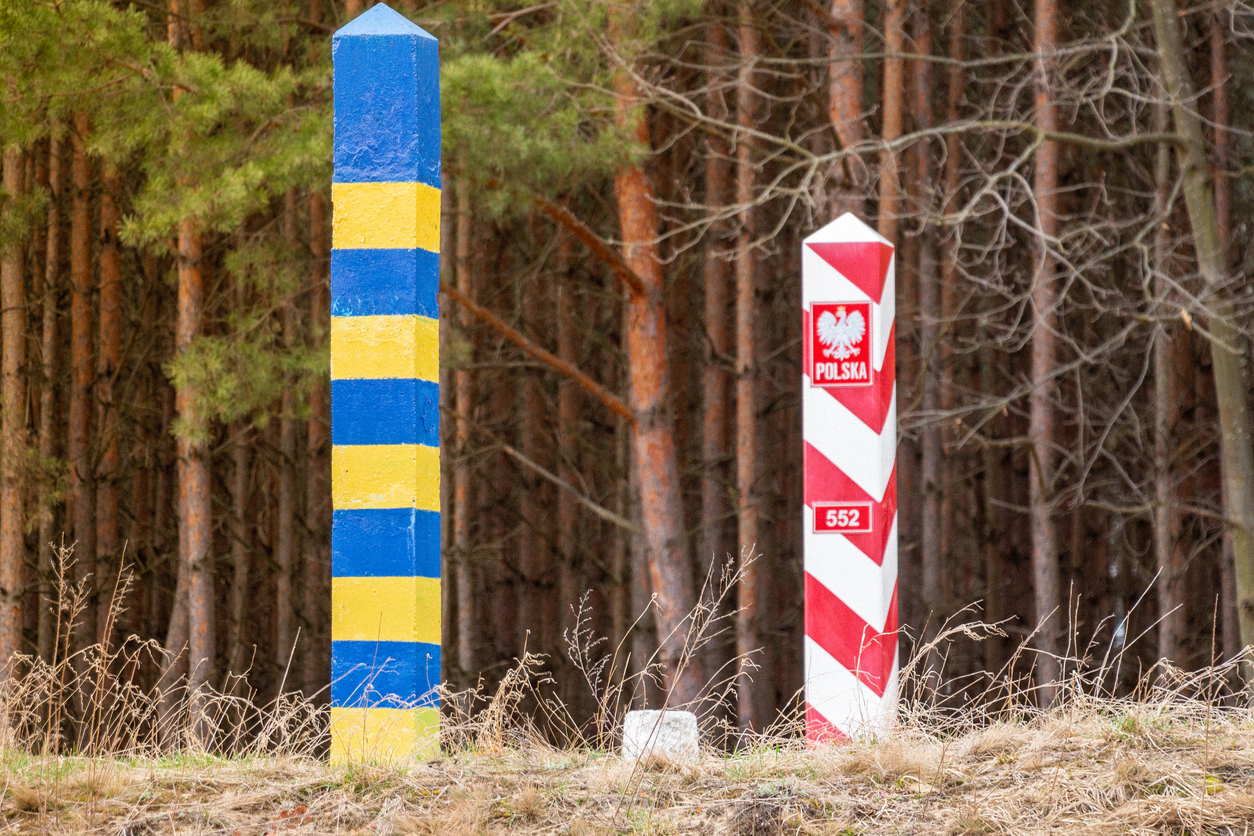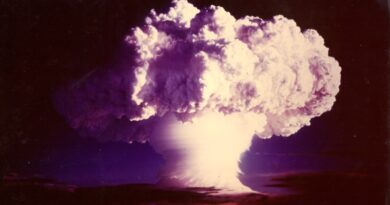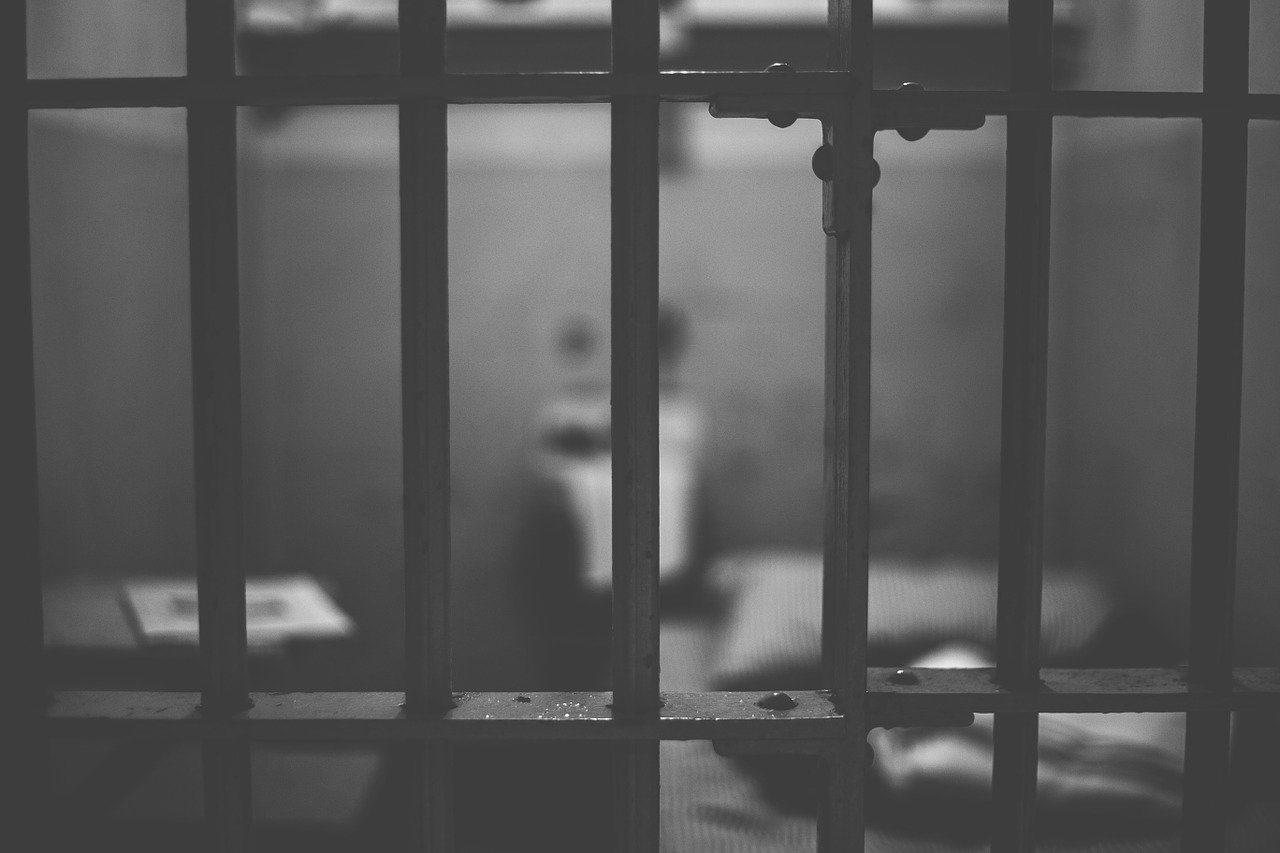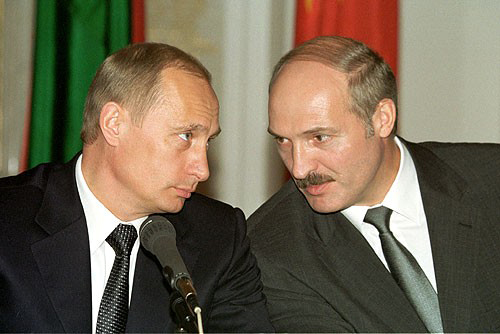Zelensky’s dreams of power seen from Poland

If President Zelensky sees a role for Ukraine as the new Israel, what role would Poland play in relation to this new Israel? Is it to be Lebanon? Syria? Or maybe Jordan? From the Polish point of view, none of these options seems very attractive.
Paweł Lisicki
What should be expected of state leaders, and I hope this is not an exaggeration, is some degree of connection between their declarations and reality.
Otherwise, we are dealing with visionaries, idealists, utopians, or possibly dreamers. I was thinking about all this as I watched President Volodymyr Zelensky’s recent series of statements and interviews on the war with Russia, the future of Crimea, and Ukraine’s role in the future. Strikingly, all these increasingly extraordinary declarations were received by most journalists and columnists, both in Poland and the West, with understanding and acceptance. Have they all gone crazy?
A few weeks ago, the Ukrainian president presented his vision of Crimea, according to which the peninsula, currently occupied by Russia, is to become in the future one big natural park and center of new technologies. For this to happen, of course, it is necessary to expel the Russians first.
“I think it is politically possible to bring the entire region of Ukrainian Crimea to be demilitarized,” Zelensky said. I read this statement several times and could not believe my eyes. How does the Ukrainian president intend to demilitarize one of the Russian military’s most important centers?
Sevastopol is home to the headquarters of Russia’s Black Sea Fleet, and the entire region is full of bases, camps, and other military infrastructure. Another troublesome fact is that, according to all available data, the majority of the population currently living there are Russians. Even according to the 2001 census, they made up 60 percent of the population, with Ukrainians at only 24 percent.
So in order to demilitarize Crimea, it would be necessary to rout Moscow first. President Zelensky’s reasoning also implies that in the future the composition of the population of Crimea would have to be changed. Considering that these plans are being floated by a political leader whose army has captured a few villages in the Donbass after several months of offensive and significant losses, this vision amounts to audacity.
However, plans to demilitarize Crimea are nothing compared to President Zelensky’s other projects.
“Ukraine must be aware that at one point or another, it may be left alone, that some partner may leave it due to some internal processes, internal politics or even elections. But we just have to learn to live with it. Israel has been fighting for a long time and we are also ready to fight for a long time, without losing people, minimizing losses, like Israel,” he said in a TV interview aired in late August. And he went on to say: “With the USA, we’ll probably have this model, the Israeli model, where there will be weapons, technology, training, finance, and so on.”
In other words, according to Zelensky, Ukraine is to become in Eastern and Central Europe what Israel is in the Middle East. In another interview, the Ukrainian president said: “Ukraine deserves to be in the world’s strongest alliances, to be among the leaders of the world, and it will be.”
It had been a long time since I had heard such bombastic and boastful words. Ukraine, which is kept alive on giant Western subsidies funded by the United States and the European Union, claims it intends to be a world superpower along the lines of Israel. Really?
The latter’s position stems from three sources: the weakness of its Arab neighbors, massive American aid due to the influence of the Jewish lobby in the USA, and the determination of its population – in other words, its radical patriotism or, if you prefer, nationalism. One of the most important sources of such determination is a sense of threat and alienation, hence the role of Holocaust memory.
What does Ukraine want to base its power on? I won’t even mention the country’s deep demographic crisis and its several million residents who have fled the Russian invasion.
I am puzzled by the complete silence of Polish politicians on this vision of Ukraine as Israel. Using the same analogy, the question arises as to what role Poland is to play in relation to this new Israel. Is it to be Lebanon? Syria? Or maybe Jordan? From the Polish point of view, none of these options seems very attractive.
Somehow complementary to Zelenky’s declaration was the announcement that he does not really intend to hold elections in 2024 unless the US and the EU pay for them and send observers to frontline trenches. The head of his party has even said that demanding elections now is blasphemy. True, the issue is not clear-cut and holding a vote while the war is raging would be challenging. Except that the war is taking place in a specific area, and there is no indication that it will end soon.
This is why there are going to be increasing allegations that Ukraine is turning into something like a military dictatorship under President Zelensky’s absolute power. This puts Washington in a very uncomfortable position, as the Americans describe their support for Ukraine in terms of defending democracy against the onslaught of Moscow’s autocratic regime.
This article was first published in Polish as the editor-in-chief’s column in the Do Rzeczy weekly.



